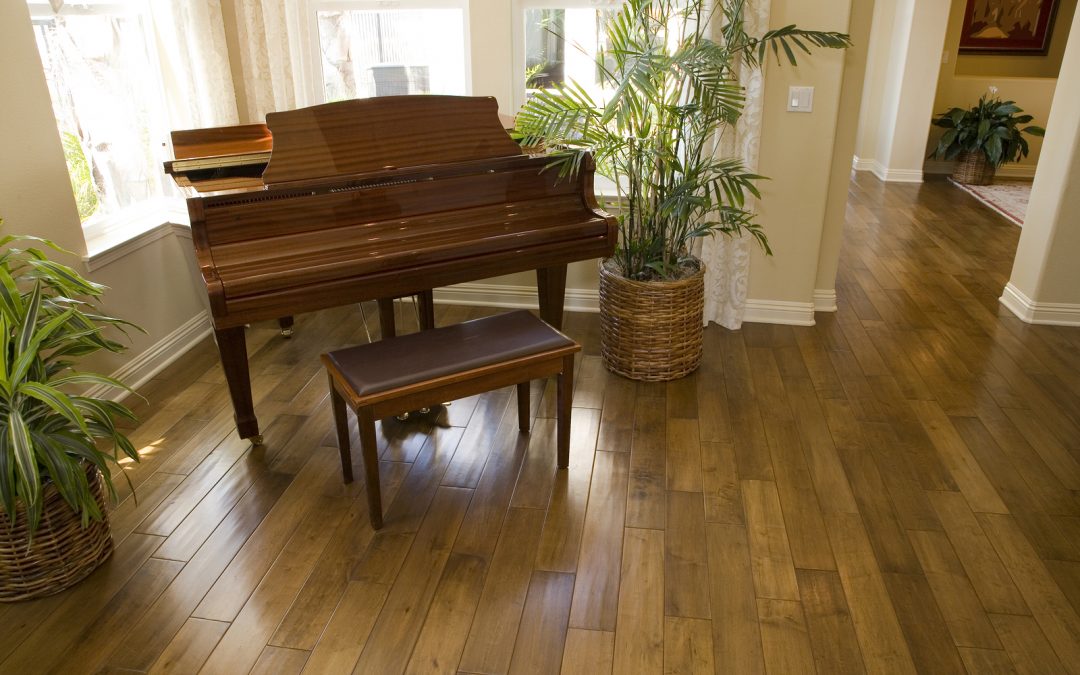The flooring in your home covers more space than any other material, so it makes sense to consider what environmental impact your choice of flooring can have. Sustainability does not mean you need to lose out on style. To dispel some of the misconceptions about hardwood floors, consider these facts from your wooden floor care specialists in Newcastle.
Wood is a renewable resource and to meet regulations, wood supplies are sustainably harvested. For every cubic foot of trees that are cut down, 1.66 cubic feet are planted back. Hardwood trees can take up to 60 years to reach maturity, but the current supply will last over 100 years, ensuring that the harvesting rate is always lower than the average growth rate.
Choosing a flooring that has minimal environmental impact, such as bamboo, has become much more of a trend for the environmentally aware.
Carpet, tile, and linoleum require much more energy than wood to manufacture, and have much more waste by product. Wood and stone require fewer chemicals during manufacture, and wood waste products such as sawdust can go to produce paper and other composite products. Waste wood can be burned, as it is considered a clean bio-energy. Such waste management means 99% of the tree is used.
Hardwood floors last much longer than the alternatives. With proper care and treatment, hardwood flooring can last up to 100 years. It can also be refinished, and re-stained, making it look as good as new. Stone and tile can last a long time, but cracks and staining make it expensive to replace and maintain.
While cheaper, linoleum and laminate will only last 15-25 years, and carpet only up to 8 years, meaning that long lasting hardwood floors will save money in the long run.
The public is making more demands for products that are sustainable and environmentally responsible, so it benefits designers and manufacturers to monitor their environmental footprint. Trees take in carbon dioxide and produce oxygen, even after harvesting, making wood a carbon-neutral product.
Hardwood floors are also hypoallergenic, and contamination from dust, mould, and animal dander is minimal, which in return means that the air quality in your home is vastly improved. Some flooring products require glue and chemicals for installation, which can can have a negative effect on your air quality, and the environment.
Hardwood flooring can be reused, and is only the few flooring materials that can have an extended life, be it sanded and restrained for further flooring, or for other building projects. If the wood is too damaged to be reused as flooring, it can be put to use in numerous other projects, such as furniture and decorative accent walls.
Reclaimed wood has grown in popularity, not just for it’s environmental impact, and many people are opting for the look of recycled wood. Depending on the staining and treatment the wood has had, it is still biodegradable and in some cases can be burned for fuel.
Aside from the aesthetic appeal that hardwood floors can bring to any home, they are a responsible, sustainable choice. Take care of your hardwood floors with Newcastle floor care specialists.

